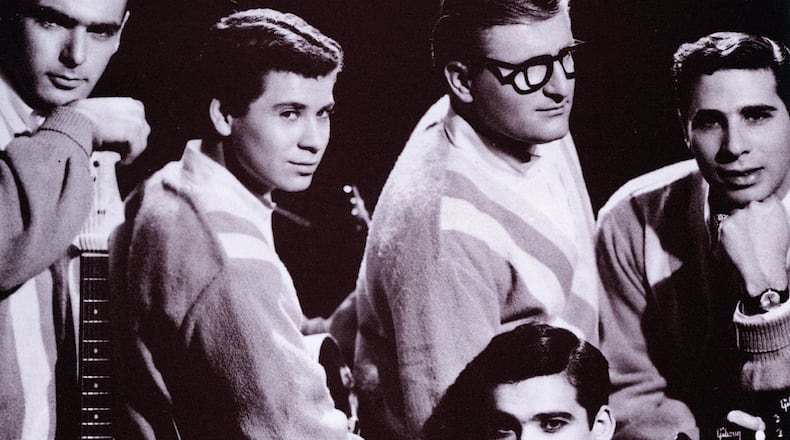Mitch Margo, who rose to fame with the 1961 hit song "The Lion Sleeps Tonight," died at his California home, The Los Angeles Times reported. He was 70.
Family members said Margo died Nov. 24 in Studio City but did not give a cause.
Margo was a 14-year-old attending high school in Brooklyn, New York, when he formed The Tokens, the Times reported.
The group based "The Lion Sleeps Tonight" on a recording of a Zulu folk song, turning it into a doo-wop hit. It hit No. 1 on the Billboard charts on Dec. 23, 1961, and stayed there for three weeks before being supplanted by Chubby Checker's hit "The Twist," which hit No. 1 for the second time on Jan. 13, 1962.
The Tokens followed up with several minor hits, including “I Hear Trumpets Blow” and “Portrait of My Love,” the Times reported.
Margo teamed with his brother Phil and two others in The Tokens. He later produced hits for bands such as The Chiffons and Tony Orlando and Dawn. He also wrote musical scores for television projects and did artwork for children’s books, the Times reported.
“Mitch was an adjective-defying human being,” Noah Margo, a nephew who played drums for the Tokens for 24 years, told the Times. “His humor, wit and slanted observations will be deeply missed.”
Margo was born May 25, 1947. “The Lion Sleeps Tonight” was originally written and recorded by Solomon Linda, a South African laborer, in 1939. The record was released by the Gallo Record Company under the title “Mbube,” the Zulu word for “lion,” the Times reported.
The song would be recorded by 150 different artists, including Robert John, who took the song to No. 3 on the Billboard charts in 1972 and earned a gold record.
But when it was used in the film “The Lion King,” and generated an estimated $15 million in movie and stage revenues, Linda’s heirs sued the Walt Disney Co. and the music firm that licensed the song to Disney. The case was eventually settled by Linda's heirs for an estimated $1.6 million, the Times reported.
The Tokens, who made dramatic musical changes to the song, gave Linda credit but later fought to claim some share of the song's publishing rights, the Times reported. The group's lawsuit was ultimately dismissed due to a statute of limitations ruling.
About the Author
Keep Reading
The Latest
Featured


